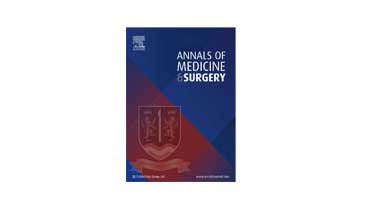Introduction
The aim of this review is to assess if late mortality after endovascular repair (EVAR) of abdominal aortic aneurysms (AAA) is a real problem, and whether it could be an issue in the case of medical litigation.
Material and methods
A review of all English language literature was performed on PubMed web-site, looking for all papers reporting EVAR long-term mortality rate. EVAR performances were reviewed also from an ethical and medico-legal point of view, based on current Italian laws.
Results
Mono-centric studies, and international registers suggest that today EVAR offers similar (if not better) results than open repair (OR) in the treatment of AAAs with standard and complex anatomies, even if performed outside the devices-specific instructions for use. In contrast, large randomized trials, and consequently current guidelines, suggest that EVAR still has an ancillary role compared to OR, only to be used for highly selected patients.
Recently, specific litigation cases on surgical options related to the treatment of aortic aneurysms has developed. The informed consent process needs to include not only mortality and major complications related to the procedure but also the chance of patients’ outcomes. For those reasons, the generic nature of informed consent has been criticized.
Conclusions
No conclusive data is currently available to assess the initial question of late mortality after EVAR but results are still improving. In the meantime, widespread use of EVAR as first choice for treating AAA may only be acceptable in high-volume centres validating their results by a strict follow up protocol.




